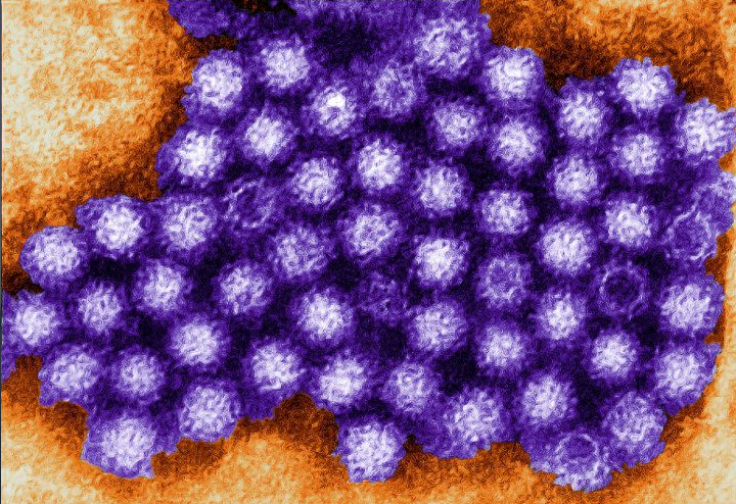New Strain Of Norovirus Leads To Outbreak In Minnesota, Could Increase Infections By 50%

The New Year could usher in a bout of vomiting, watery diarrhea, and stomach cramps for many people in the U.S., Minnesota state officials warned. A new strain of the highly contagious norovirus has emerged in the state, which could mean more infections elsewhere this winter.
The Minnesota Department of Health (MDH) reported on Tuesday that the new strain of the what some have nicknamed the "winter vomiting disease" has resulted in the state's first outbreak; sporadic cases of the virus first appeared earlier this year. Officials added reports of norovirus-like illnesses in the community have also increased in the past week. According to the Centers for Disease Control (CDC), the new strain of the gastrointestinal illness can increase infections by more than 50 percent.
"Every few years, a new strain of norovirus emerges and causes many illnesses. We don't know yet if this new strain will lead to an increase in the number of outbreaks reported, but it could," Amy Saupe, a foodborne disease epidemiologist at MDH, said in a statement. "If we're meticulous about washing our hands and handling food properly, we may be able to limit the impact."
According to state officials, the strain, called GII.17 Kawasaki, caused many outbreaks in Asia during the winter of 2014 before making its way to the U.S. Since the beginning of September, the Minnesota health department has investigated more than 20 outbreaks caused by the norovirus, while outside of Minnesota, outbreaks have been confirmed in Boston, Seattle, and California. However, CBS News reported the latter outbreaks have not been linked to the new strain of the illness.
The gastrointestinal illness can strike any time throughout year, but it is most common during the winter; the norovirus season peaks in January.
"No one likes to get vomiting, diarrhea, and stomach aches, especially during the holidays," Saupe said. "Norovirus tends to hit especially hard during the winter season, so now is a good time to get in the handwashing and norovirus prevention habit."
Each year, the norovirus causes 19 to 21 million cases of acute gastroenteritis and contributes to an estimated 800 deaths, mostly among young children and older adults in the United States, the CDC reported. The virus is passed through close person-to-person contact, contaminated food or water, and contaminated surfaces, objects, or substances.
Norovirus symptoms, which typically begin one or two days after infection and can last up to 48 hours, include nausea, vomiting, diarrhea, abdominal pain, body aches, a general run-down feeling, and a mild fever. Health officials say the majority of norovirus illnesses and outbreaks often comes from eating contaminated food and can be prevented through vigilant hand washing and appropriate food handling.



























